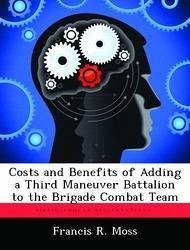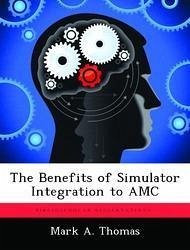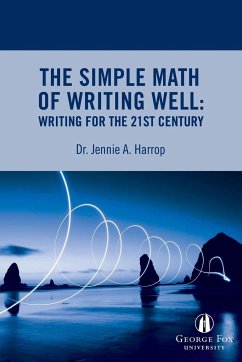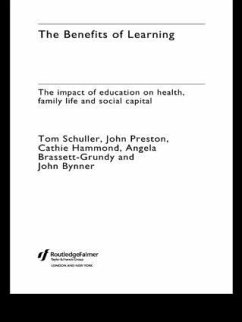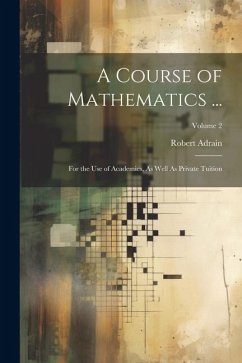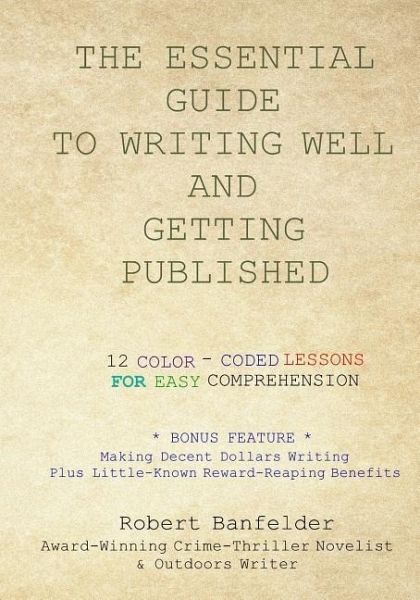
The Essential Guide to Writing Well and Getting Published: Bonus Feature Making Decent Dollars Writing Plus Little-Known Reward-Reaping Benefits
Versandkostenfrei!
Nicht lieferbar
Over the course of many years, college students have come to me with serious, sincere statements and/or questions referencing writing: "I want to begin a diary," or "I've started a very short story, and I think I can turn it into a novelette or a novella." "I'd like to write a full-length novel." "I want to write for magazines; therefore, how do I break into freelancing articles for money?" "I want to become a journalist." "I want to be a poet." "I simply want to set down a family history for my children to read one day when I'm old and gray or long gone. I've got some amazing stories to tell....
Over the course of many years, college students have come to me with serious, sincere statements and/or questions referencing writing: "I want to begin a diary," or "I've started a very short story, and I think I can turn it into a novelette or a novella." "I'd like to write a full-length novel." "I want to write for magazines; therefore, how do I break into freelancing articles for money?" "I want to become a journalist." "I want to be a poet." "I simply want to set down a family history for my children to read one day when I'm old and gray or long gone. I've got some amazing stories to tell." "How do I go about writing a blog for bucks?"Apart from keeping a personal diary, the student who wishes to set down a family history in the form of a journal needs to be trained-formally or otherwise-because he or she is inevitably looking to be published. A diary generally differs from a journal in that the former is private (for your eyes only) while the latter is usually meant to be read by others. Addressing genres such as fiction, nonfiction, poetry, even blogging for fun and/or exposure, are for all eyes to view and, yes, critique. As such, you would want to put your best foot forward. To do less would be to trip over your own two feet, shortchanging yourself in the bargain. Most assuredly, you are not going to be taken seriously by those in the industry (literary agents, editors, publishers, et cetera) if you do not know how to write and write well.Still, there are some folks who will delude themselves into thinking and then believing that there is a more direct route to achieve their goal(s). They eventually realize that alternate paths are made up of detours and dead ends. For example, I have had students who were convinced they could write like they often think; that is, employing a stream-of-consciousness approach (void of virtually any punctuation and proper syntax), assured that they would get their prose published. It would be highly unlikely that they would see their work professionally published, let alone be paid for it. This random form of writing is generally quite difficult to follow; hence, you will undoubtedly lose your reader (agent, editor, or publisher) whom you will likely be querying. It's the end game before you really even begin. Your very query letter will likely reveal shortcomings if you lack the basic writing skills.Composing a cover letter and displaying a sample chapter of your work that exhibits run-on sentences, fragments, and comma splices shows a basic lack of knowledge. Paragraphs that contain the continued use of ambiguous interpretations are doomed to failure. Pages that swing between the poles of reality and fantasy or paragraphs that employ the stream-of-consciousness technique will spell disaster. I can practically promise that you are dead in the water from the onset. I would not recommend this approach to a decent writer let alone a neophyte looking to make his or her mark.If you lack the basic writing skills, or desire to reach beyond your present level of competence, do yourself a big favor and get the required help you need by carefully studying this innovative 12 lesson guidebook. This unique 12-lesson color-coded writing guide maximizes comprehension for both novice and seasoned writers. I take the pain out of learning grammar by employing a strikingly unique approach [color coded for unprecedented clarity and comprehension]. Too, I'll teach you the tricks and tools of the trade to put you at the top of your writing game.





